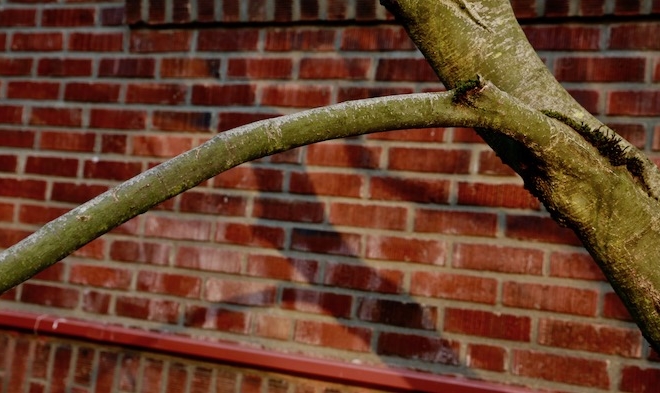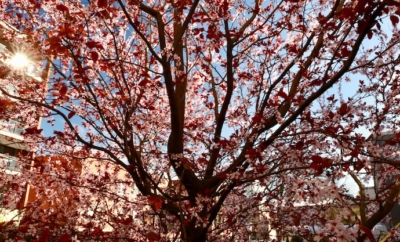
Existential Psychology
Deciding To Spend More Time In The Here And Now
Regressive and Progressive Forces Battle for Supremacy
The two most powerful unconscious forces in human life move in opposite directions. They are on one hand to go back to the womb, to go back to paradise, to find safety and security in the known and familiar, to fold in on oneself, and on the other hand to plan, to build, to explore, to reach out beyond oneself. The relative strength of these two forces vary in different people but they exist in each and every one of us. We might call these forces regressive and progressive.
We can look at the story of the Garden of Eden as a potent symbol of the deep human yearning we all experience at some level of awareness to go back to the womb, to go back to a time in our lives before we recognized our mortality and before we recognized the existential responsibility to decide who we were going to be and what we were going to do with our lives. In the undying land, in paradise, in the Garden of Eden, mortality and responsibility are not issues we must face. A benevolent stronger presence has us covered, takes care of us and makes sure all our needs are met, and all we must do in return is unthinkingly obey. If we enjoyed relatively safe, secure, and loving childhoods then ‘paradise’ is not just symbolic but something we actually experienced in our own lives, first in the comfort of the womb and then in the comfort of a community that took care of all of our physical, emotional, and psychological needs and created the conditions for us to simply be, without us having to worry too much about becoming, without us having to worry about much of anything at all.
Nostalgia and Plans Can Both Be Traps
The trap many of us fall into in adulthood is not only leaving the here and now to nostalgically go back to that glorious past before the recognition of mortality and responsibility set in but also to get lost in the future where we unconsciously hope our plans and projects will lead to the rebuilding of that glorious past, will let us regain paradise lost. And so in a sense the primordial human yearnings to regress and progress are one and the same yearning. They are the yearning to leave the present moment, with its felt responsibility and anxiety, in order to exist in some other time and place where there is no existential responsibility or existential anxiety.
Authentic Contact With the Here and Now
But our attempts to avoid the burdens of responsibility and anxiety come at a tremendous cost, and this cost is the lack of full, authentic contact with the here and now. As Thich Nhat Hanh often says, our appointment with life is now. The past is gone, the future not yet here. The only way any of us ever can experience the world is in the present, which means the only real question is the degree to which we let ourselves contact that present.
Deciding to spend more time in the here and now doesn’t preclude looking backwards with nostalgia or planning for the future but does mean putting more love and attention into the now than we have been doing and means being more consciously aware of the fact that when we’re looking backwards or forwards we’re doing so from the present. Existing more fully in the present moment means being more fully alive; but it also means accepting those twin burdens of existential responsibility and existential anxiety, burdens that don’t exist while floating in the primordial ooze of paradise lost.




